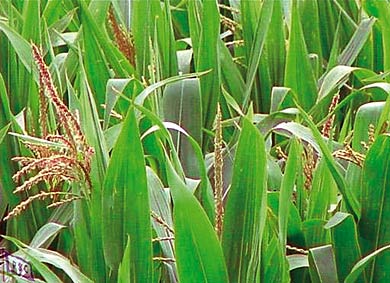The head of the Ministry of Agriculture and Lands (MAT), Arnoldo Márquez, informed that the Venezuelan agriculture credit portfolio grew by 79% in the first seven months of the year compared to the same period in 2003. He also indicated that the comeback in the number of requests for financing in the agricultural sector was based upon on the recovery of the economy and on the interest rate reduction from 26.4% to 13.9%, according to the figures reported by the national financial system.

“In 2003, private and public institutions allocated 1.02 trillion bolívares (Bs.), and we hope this figure to rise above 1.83 trillion Bs. by yearend. This means that the national private sector is confident in our agriculture”, he added.
He affirmed that also other indicators reflect the increase. Poultry registered a 22% recovery in production and a 20% recovery in sales. One of the most representative cases of recovery was that of yellow corn, with a 314% rise.
As for the fulfillment of the required 12 % quota of granted agricultural credit, required by law from the banks, Márquez informed that 33 institutions within the banking system had not complied, but pointed out that many of them have begun to do so, and that only eight are still below the quota.
The number of slaughtered swine dropped 30%, which, according to Márquez, could be interpreted as better availability in the inventories, since last year it was necessary to slaughter a great number of animals because there was insufficient food for a balanced diet; but in comparing the weight, there was a 36% difference, which means food supply efficiency.
Márquez also pointed out that cattle slaughter decreased 8% for the same reasons described in the case of the swine.
He also said that the ministry would begin to plant 7,500 hectares of sunflowers in the central western plain lands.
“We are planning on growing 28,000 hectares of black beans, then 25,000 hectares of beans, and another 16,000 hectares of cotton.”, said Márquez in referring to cultivation of several crops during the months of the rainy season.
When asked about the plans for rice harvest, he mentioned that it would be greater than in previous years. “The trend of all crops is a 30$ increase.”, he said. Finally, he announced that 300 Iranian tractors would be brought for local farmers, and that an agreement had been signed with Argentinean entrepreneurs for the manufacturing of agricultural machinery.
Published in Quantum No 28
 Articles by this author
Articles by this author Send a message
Send a message











Stay In Touch
Follow us on social networks
Subscribe to weekly newsletter